The dust has had a few days to settle following the Autumn Budget but there is no sign of any let-up in the outcry among those with a stake in Scottish farming.
Changes to the inheritance tax regime and its agricultural and business asset reliefs were widely predicted in advance of the chancellor’s “difficult choices”.
But there was also plenty of last-minute alarm bell-ringing from many quarters to highlight the perceived folly of fiddling with the valuable inheritance tax exemptions for farmers.
Farmers’ worst fears came to pass as Rachel Reeves announced announced reforms to agricultural and business property reliefs.
The result of this is that, from April 6 2026, for every pound over and above £1 million, farming estates will be hit with an inheritance tax rate of 20%.
This is half the standard rate but will mean, for example, that a farm worth £5m – not uncommon these days – will incur tax of at least £800,000 if it is passed from one generation to the next.
Moray sheep farmer Tim Eagle, the Scottish Conservatives’ rural affairs spokesman, expects this to become “a real issue” for the industry.
Tory MSP Tim Eagle fears it may be ‘beginning of the end for family farms’
Mr Eagle, who represents the Highlands and Islands at Holyrood, explained: “Most viable modern units would be valued well over the million mark.
“When you consider many partnerships have buy-outs already, adding a huge bill for inheritance tax could easily lead to family units being split up.
“Is this the beginning of the end for family farms?”
Finance Secretary Shona Robison said: “While APR (agricultural property relief) is reserved to the UK Government, given the obvious and understandable alarm that has been expressed by farmers about the chilling impact of this on farming communities, this significant tax increase is a serious concern.”
JP Campbell, an Inverness-based partner with Aberdeen law firm Ledingham Chalmers, warned the move will bring “significant changes” for family-owned and rural businesses.
And it could lead to a “considerable shift” in how farmers approach succession planning, he said.
Mr Campbell added: “There are clear implications for succession planning here to manage future IHT (inheritance tax) liabilities for those planning to pass businesses down to the next generation.
“With many farms and family businesses worth in excess of £1m, failing to properly plan could end up in the business having to be sold following a death to pay taxes due.
“The key message is not to panic, and take professional advice.”
Consultation expected early next year
Ledingham Chalmers expects a technical consultation on the changes in early 2025.
“This detail will be important to progressing detailed succession plans,” Mr Campbell said.
Meanwhile, pensions – previously excluded from IHT – will form part of the taxable estate from April 2027.
Mr Campbell said: “For many people, their pension is one of the most valuable assets they have.
“These have long been seen as a useful tool for passing wealth to the next generation.”
The Agriculture and Horticulture Development Board (AHDB) has published its response to the Autumn Budget.
It said: “A significant number of family farms may be impacted by the chancellor’s announcement, which limits 100% agricultural property relief and business property relief to the first £1m of value from April 2026.
“Any assets above that threshold will be taxed at 20%, meaning the average farm with a £2.2 million holding value would be required to pay £240,000 inheritance tax, repayable over a period of 10 years.
AHDB fears Autumn Budget may negatively impact farmers’ investments?
“As farming businesses navigate these changes in inheritance tax, analysts at AHDB believe conversations around succession planning may become more important.
“Farmers are faced with growing uncertainty from economic, market and weather conditions, and may be reluctant to increase borrowings and investments in a range of options from environmental schemes to farm equipment.
“With return-on-capital employed at 0.5% in 2022-23 (Department for Environment, Food and Rural Affairs) and the volatility in commodity markets starkly impacting farming bottom lines, the ability to service extra debt is restricted.
“This may create the need to sell assets or reduce productivity on farms to support financial viability.”
AHDB head of economics Sarah Baker added: “These changes may encourage farmers to think about succession earlier than they would otherwise.”
The National Farmers’ Union has already called for the “family farm tax” decision to be reversed.
Pulling no punches, it said the chancellor had dealt a “hammer blow” to farming families.
Farmers at ‘breaking point’
Many farmers and growers are already at breaking point, unable to absorb any more costs, the union warned.
And it predicted changes announced in the Budget may increase food costs to consumers, adding pressure to many still experiencing the cost-of-living crisis.
NFU president Tom Bradshaw said: “Farmers and growers have been left reeling from the changes announced in the budget which demonstrate a fundamental lack of understanding of how the British farming sector is shaped and managed.
“Farmers are rightly angry and concerned about their future and the future of their family farms, having been reassured by minsters in the lead up to the Budget that APR and BPR (business property relief) changes were not on the table.”
According to the NFU, Treasury figures which claim the changes will affect just one in four UK farms are “misleading”.
Very few viable farms are worth less than £1m but lots of smallholdings and houses with a few acres let for grazing might be, it said.”
And in a chilling forecast for what this all means for farming, Mr Bradshaw said: “Every penny the chancellor saves from this will come directly from the next generation having to break up their family farm. It simply mustn’t happen.
“MPs need to understand the consequences of these actions which is why we are mobilising our members for a mass lobby in the coming weeks.
Farmers are rightly angry and concerned about their future and the future of their family farms.” Tom Bradshaw, NFU
“British farmers will ask their MPs to look them in the eye and tell them whether they support this.”
He added: “There’s still time for the government to accept they’ve got this wrong, and my message to ministers is that they should do the right thing and reverse this awful family farm tax.”
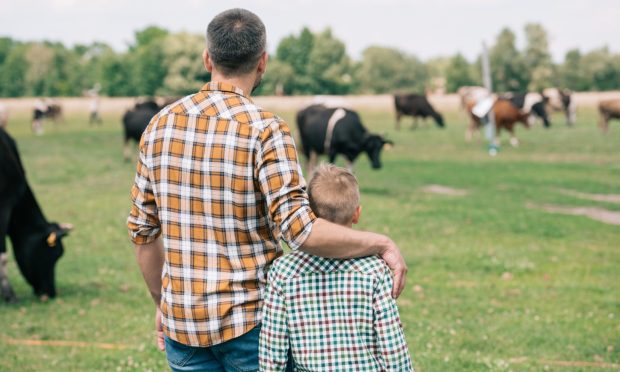
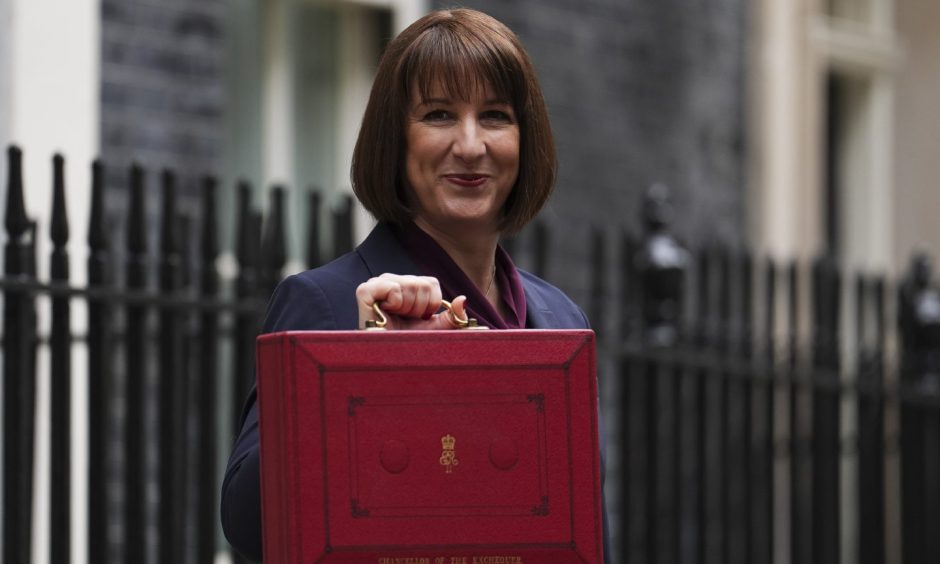


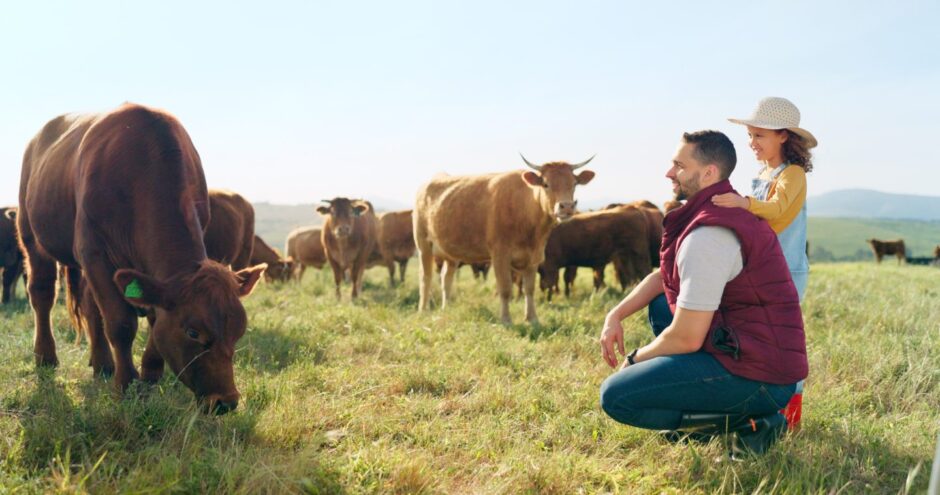
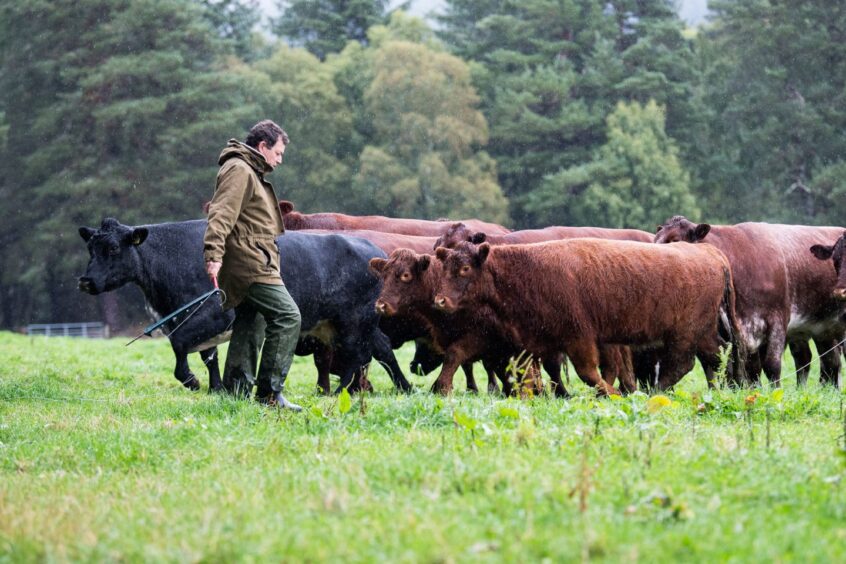
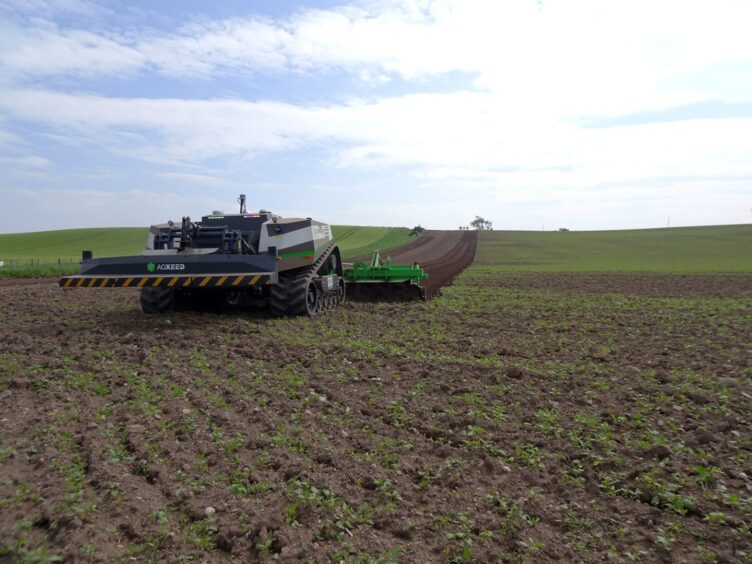
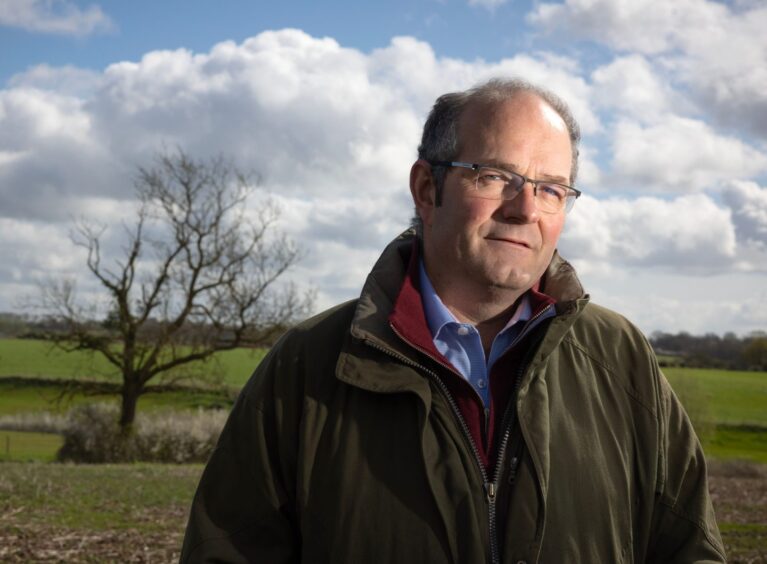
Conversation